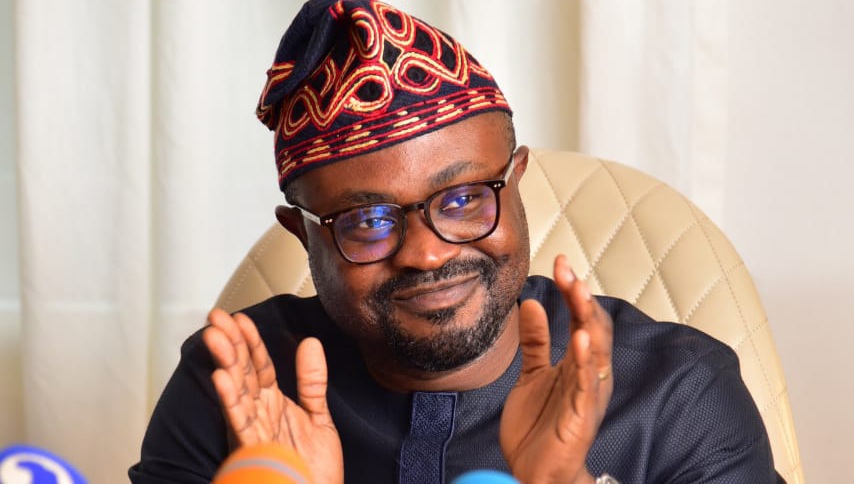Nigeria’s Immigration Services (NIS) will charge ₦100,000 ($69) for 32-page booklets and ₦200,000 ($134) for 64-page booklets starting Monday, September 1, 2025. This fee hike is the latest update in sweeping reforms to the nation’s immigration policies under Minister Olubunmi Tunji-Ojo.
“In a bid to uphold the quality and integrity of the Nigerian Passport, the Nigeria Immigration Service hereby announces an upward review of Nigerian Standard Passport fees, set to take effect on 1st September, 2025,” a statement signed by its Public Relations Officer, ACI AS Akinlabi read.
The new rates represent a 100% jump from the previous price. The 32-page passport now costs ₦100,000, while the 64-page goes for ₦200,000. This is the fourth hike since Nigeria introduced e-passports in 2007. Back then, the 32-page cost ₦8,750, and the 64-page was not yet available. Subsequent increases brought the 32-page to ₦15,000 in 2011 and ₦25,000 in 2018, while the 64-page reached ₦70,000 in 2018.
Under President Bola Tinubu’s administration. The 64-page passport has tripled from ₦70,000 in 2018 to the new ₦200,000 rate.September 2024 saw the previous increase when 32-page passports rose 42% from ₦35,000 to ₦50,000. The 64-page version jumped 43% from ₦70,000 to ₦100,000, making this year’s hike the second consecutive annual increase.
Nigerians abroad face unchanged rates of $150 for 32-page documents and $230 for 64-page passports. At current exchange rates of approximately ₦1,540 per dollar, diaspora applicants pay roughly ₦231,000 and ₦354,200 respectively.
The fee structure creates a ₦31,000 savings for 32-page applicants in Nigeria compared to overseas rates. However, 64-page applicants abroad pay ₦154,200 more than domestic rates, making Nigeria’s new pricing competitive internationally.
The fee increase comes alongside operational improvements under Interior Minister Dr. Olubunmi Tunji-Ojo. His ministry cleared over 200,000 unprocessed applications by May 2025 and eliminated ₦28 billion in legacy debts without additional government funding. The ministry also introduced digital platforms, contactless renewals for overseas Nigerians, and advanced passenger tracking systems.
These changes have modernised application processes and reduced processing times across Nigerian missions worldwide. The improvements appear to be paying off in international rankings, with Nigeria’s passport position climbing from 94th place in January 2025 to 88th by July 2025 on the Henley Passport Index. However, access to destinations dropped slightly from 46 to 45 countries during the same period.
The passport’s global standing has varied between 88th and 97th place in recent years. Nigeria ranked 95th in 2024 and 97th in 2023, placing the current 88th position as the highest in recent memory. The country now sits alongside Ethiopia and Myanmar in passport strength, while South Africa maintains Africa’s strongest passport at 45th globally.

Nigerian travellers can access 28 countries without pre-arranged visas, including destinations across West Africa, East Africa, and select Caribbean nations. This represents a gradual improvement from the 35 visa-free destinations available in 2006, though the overall global ranking has declined from 62nd position during that period.
The timing creates pressure for applicants who have just three days to submit applications at current rates. ACI AS Akinlabi’s statement emphasises the service’s commitment to balancing quality delivery with accessibility, maintaining that improved standards justify the increases while keeping services available to all Nigerians.
The announcement coincides with challenging economic conditions as Nigeria faces inflation pressures and currency devaluation that have reduced household purchasing power. The new rates position Nigerian passports among higher-priced travel documents in West Africa, where regional neighbours typically charge lower fees for similar documents.
Get passive updates on African tech & startups
View and choose the stories to interact with on our WhatsApp Channel
Explore




